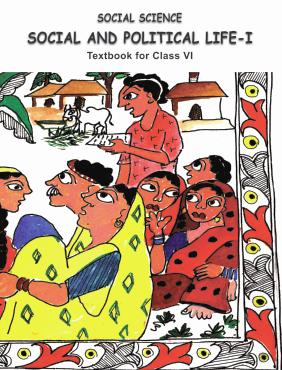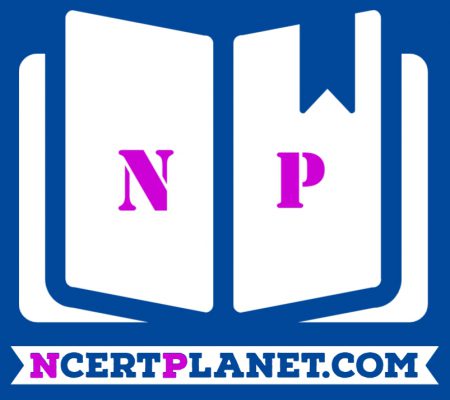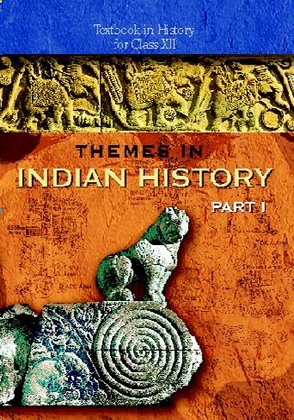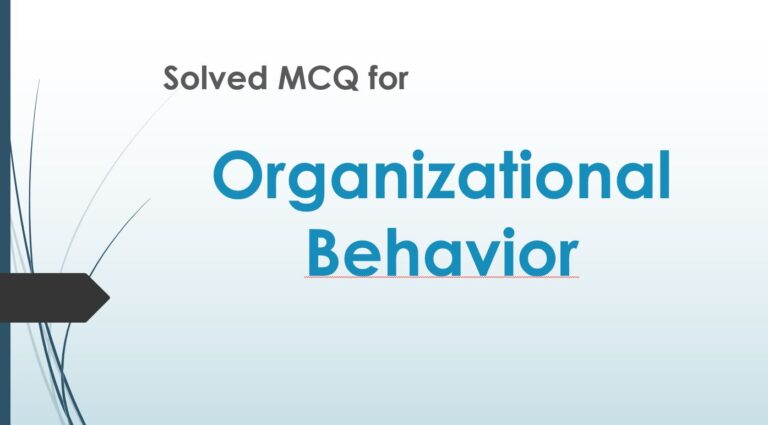Class 6 - Social Science : Social & Political Life I
Chapter 3 : What is Government

Top Block 1
NCERT Solutions Class 6 Social Science What is Government
1. What do you understand by the word ‘government’? List five ways in which you think the government effects your daily life.
Answers : The word government refers to a governing body that makes decisions and gets things done for the welfare of its citizens.
- The government provides legal supports to its citizens against any discrimination and injustice.
- It maintains peace and so keeps society in order.
- It controls crime.
- It assists people to lead proper life.
- In the event of natural calamities, the government provides all emergency assistance to the affected people.
2. Why do you think the government needs to make rules for everyone in the form of laws?
Answers : The government needs laws to maintain peace and order in society. Law establishes justice. It is mend to achieve constitutional ideas Le. equality and right against discrimination. Law makes it compulsory for the people to obey it.
3. Name two essential features of a democratic government.
Answers : Two essential features of a democratic government are :
- Democracy is a rule by the people. It is people who rule themselves by participating in the making of these rules.
- In a democracy people have the power to elect their leaders. These leaders or representatives meet and make decisions for the entire population.
4. What was the suffrage movement? What did it accomplish?
Answers : The movement for voting rights to women came to be known as the suffrage movement. All over Europe and USA, women and the poor have had to fight for participation in the government. Women’s struggle to vote got strengthened during the first world war. During the War, many men were away fighting and because of this women were called upon to do work that was earlier considered men’s work. Thus, women got opportunity to show their capability. People as a whole got disillusioned. They began demanding the right to vote for all women. The result was positive. American women got the right to vote in 1920 while women in the UK got the right to vote on the same terms as men some years later, in 1928.
5. Gandhiji strongly believed that every adult in India should be given the right to vote. However, a few people don’t share his views. They feel that illiterate people, who are mainly poor, should not be given the right to vote. What do you think? Do you think this would be a form of discrimination? Give five points to support your view and share these with the class.
Answers : All citizens are equal. The constitution aims at providing all equality to all its citizens.
- We have no right to discriminate any one on the basis of poverty.
- An illiterate is also a citizen of India. He should not be debarred from voting right on the basis of his illiteracy.
- Our constitution provides equal voting rights to all its citizens.
- As ideal citizens we all have to abide by the constitutional provisions. We must honour human dignity and legal provisions.
I.MULTIPLE CHOICE QUESTIONS
Choose the correct option to complete the statements given below:
(i) The government also works at local level. Here local level means
(a)Village (b) Town
(c) Locality (d) All the above.
(ii) The court can intervene if……………..
(a)Any law passed by the government is not followed.
(b)Anyone does not study well.
(c)A child tells a lie
(d)Both (a) and (b).
(iii) American women got the right to vote in the year…………………..
(a) 1928 (b) 1925
(c) 1920 (d) 1919.
(iv)The term suffrage means ……………….
(a)Right to vote
(b)Right to go anywhere in the country
(c)Right to livelihood
(d)None of the above.
(v) The two types of government mentioned the chapter are:
(a) Democracy (b) Monarchy
(c) Dictatorship (d) (a) and (b).
Ans. (i)—(d), (ii)—(a), (iii)—(c), (iv)—(a), (v)—(d).
II.FILL IN THE BLANKS
Fill in the blanks with appropriate words to complete each sentence.
(i) The government works at different levels at the local level, at the level of the state and at the ………… level.
(ii) In a………. the government has to explain its actions and defend its decisions
to the people.
(iii) Women in the UK got the right to vote in the year…………………..
(iv) In India, before Independence, only a small minority was allowed to ………………………
(v)……… are also part of the government.
Answers : (i) national (ii) democracy
(iii) 1928 (iv) vote
(v) Courts.
III. TRUE/FALSE
State whether the following statements are true (T) or false (F).
(i) Kings and queens get their power from the people they rule.
(ii)There was a time when government did not allow women and the poor to participate in elections.
(iii)It was Gandhiji who demanded that all adults have the right to vote.
(iv) Men without property have no right to vote in the country like USA.
(v)-In India, everyone who is eighteen or above eighteen enjoys the right to vote. Ans. (0 False, (ii) True, (iu) True, (iu) False, (u) True.
IV.MATCHING SKILL
Match the items given in column A correctly with those given in column B.
| Column A | Column B |
|---|---|
| 1. Power vested in one man | A. Voting right |
| 2. Government of people | B. Supreme Court |
| 3. It protects rights of unorganized workers | C. Monarchy |
| 4. Highest court of judgement | D. Democracy |
| 5. Womans’s suffrage movement | E. Government |
Answers : (i)—(c), (ii)—(c), (iii)—(e), (iv)—(b), (v)—(a).
V.VERY SHORT ANSWER TYPE QUESTIONS
1. Name some institutions that are part of the government.
Answers : The Supreme Court, the Indian Railways, Bharat Petroleum.
2.List any two functions of the government.
Answers : (i)The government protects the boundaries of the country.
(ii)It maintains peaceful relations with other countries.
3. What happens when someone commits a crime? [Imp.]
Answers : He/She finds himself/herself in court in such a situation.
4. Why is there a need to control resources and protect the territory of a country?
Answers : It is important so that people can feel secure.
5. At which three levels does the government work?
Answers : The government works at the local level, at the state level and at the national level.
6. Under which circwnstances a person may approach the court? [V. Imp.]
Answers : If a person feels that a particular law is not being followed he/she may approach the court.
7. What does the court do in such situation? ,
Answers : The court gives orders to the government about what should be done.
8. What do you mean by monarchy?
Answers : Monarchy is a form of government in which the monarch (king or queen) has the power to make decisions and run the government.
9. What do you mean by representative democracies? [V. Imp.]
Answers : In representative democracies people do not participate directly but, instead, choose their representatives through an election process. These representatives meet and make decisions for the entire population.
10. What do you mean by universal adult franchise?
Answers : Universal adult franchise means that all adults in the country are allowed to vote.
11. What was itnfair practice in Gandhyi’s eyes?
Answers : In pre-independent India, only a small minority was allowed to vote. It is they who determined the fate of the majority. This very practice was seen as unfair practice by Gandhiji.
12. What did Gandhiji demand?
Answers : Gandhiji demanded that all adults whether they rich or poor, educated or literate have the right to vote.
Mddle block 1
VI.SHORT ANSWER TYPE QUESTIONS
1. How do the government manage so many different things? [V. Imp.]
Answers : The government has a variety of works to do. To discharge each and every responsibility smoothly, it works at three different levels, at the local level, at the level of the state and at the national level. The local level means in your village, town or locality. The state level would mean the entire state and the national level relates to the entire country.
2. How is democracy different from monarchy?
Answers : Democracy is a government of the people, by the people and for the people. In this type of government people are supreme because it is they who give the government power. The government has to explain its actions and defend its decisions to the people.
In a monarchy, it is the King or queen who has the power to make decisions and run the government. The monarch may have a small group of people to discuss matters with, but the final decision-making power remains with the monarch. Unlike in a democracy, kings and queens do not have to explain their actions or defend the decisions they take.
3. Can you say the earliest forms of governments democratic? If not, why?[V. Imp.]
Answers : We can not say the earliest forms of governments democratic because these governments did not allow women and the poor to participate in elections. In their earliest forms governments allowed only men who owned property and were educated, to vote. This meant that women, the poor, the propterty-less and the uneducated were not allowed to vote. The country was governed by the rules and regulations that these few men made.
VII.LONG ANSWER TYPE QUESTIONS
1. What does the government do for the welfare of its citizens? [V. Imp.]
Answers : The government does a variety of works for the welfare of its citizens:
- It makes decisions and gets things done.
- It builds roads and schools.
- It takes decisions about how to reduce the price of essential goods when they get too expensive or ways to increase the supply of electricity.
- It supervises postal and railway services.
- At the time of natural calamities, it organises aid and assistance for the affected people.
- It makes laws for the safety of its citizens. For example, there is a law that says that all persons driving a two-wheeler must wear helmet.
2. What was the voting system in India before Independence? What ideas did Gandhiji express in the journal Young India about voting system? [Imp.]
Answers : In India, before Independence, only a small minority enjoyed the voting right. This was shocking for Gandhiji. He firmly disapproved this system and advocated for universal adult franchise which gives all adults the right to vote.
Expressing his ideas in the journal Young India in 1931 Gandhiji said that it is discriminating to deprive poor and illiterate people of voting rights. Snatching the right to vote from a person simply because he is poor or illiterate is in no way justified. A poor or illiterate is also a citizen of the country and he has every right to enjoy all privileges existing in the country. Thus, Gandhiji was very much fair and favoured the system that would provide equal voting right to all.



